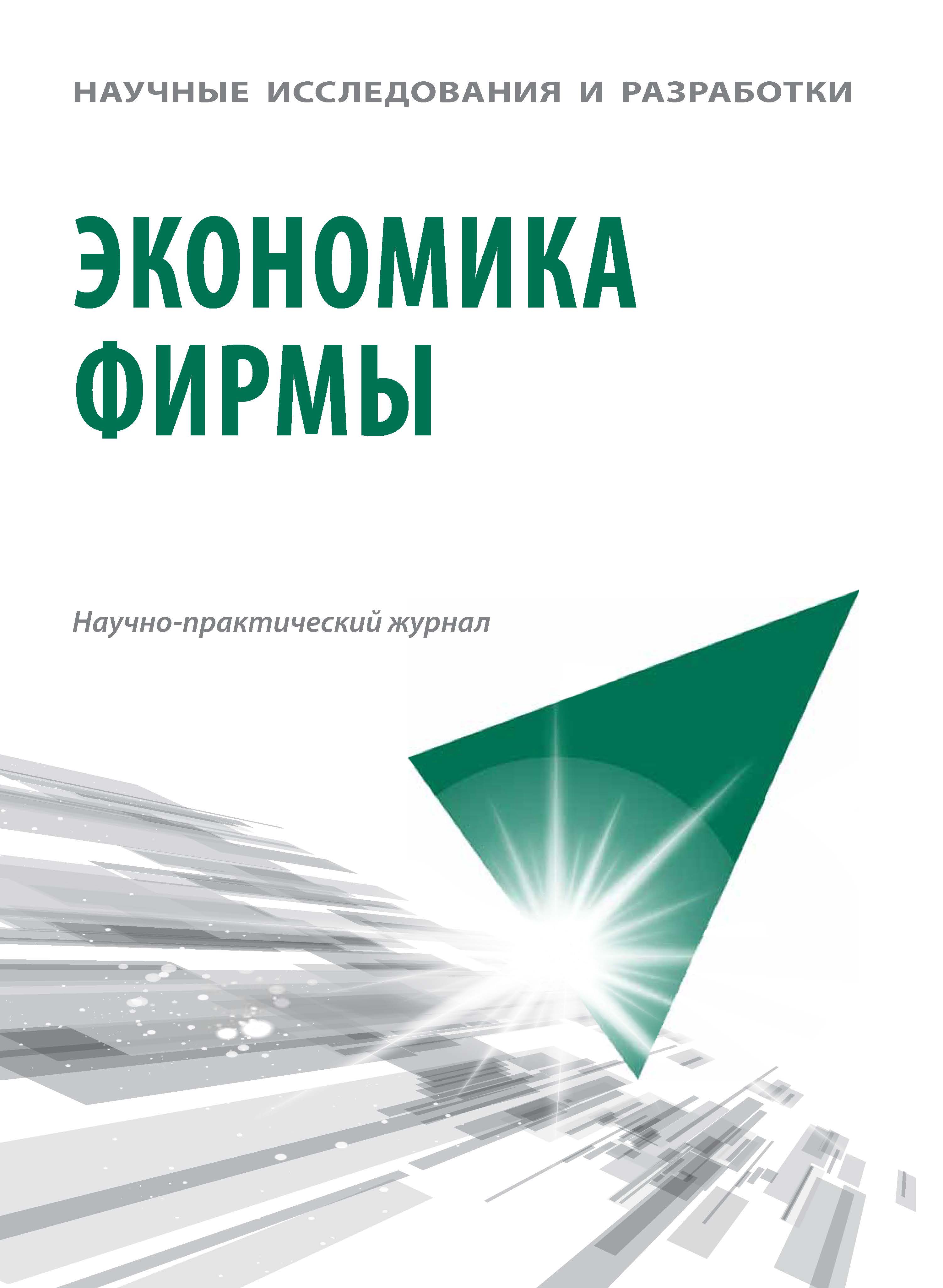Moskva, Moscow, Russian Federation
An increase in the number of shareholders which is typical for public joint-stock companies leads to the fact that the direct management of the assets of a joint-stock company is concentrated in the company's top management (top managers) who, not being the owner of its capital, manages it as its own capital. Such inconsistency of the management system in a joint-stock company gives rise to the need to develop external control over it on the part of all other participants in the modern market represented by participants in the stock market, the state, and the public (citizens). The main forms of control on the part of the stock market are the groups of relations regarding the purchase and sale of shares leading both to a change in the composition of shareholders and to a change in the company's management. The most significant part of the relations of the stock market leading to the change of the top management of the company at the will of the market participants relates to the market of corporate control. State control in the sphere of the functioning of joint-stock companies covers not only the regulation and control of their activities but also includes the direct presence of the state as a shareholder of a number of companies important for the country's economy. However, the controlling participation of the state is strongly opposed by those who defend the relationship of private ownership of capital. Civil control over the activities of joint-stock companies is based on the broad development of the media and on the growth of public consciousness in the direction of protecting the environment from the negative impact of capital relations on it. The deep reason for the development of various forms of public control over the activities of joint-stock companies is the transformation of modern society into a society of shareholders, i.e. into a society in which the majority of citizens are not just direct or indirect shareholders who receive their income from share capital but also persons interested in making this capital socially useful.
joint stock company, capital, control, management, management, stock market, state, public, environment
1. Grazhdanskiy kodeks Rossiyskoy Federatsii. Chast' 1 ot 30 noyabrya 1994 g. №51-FZ [Civil Code of the Russian Federation. Part 1 dated November 30, 1994 No. 51-FZ].
2. Federal'nyy zakon ot 26 dekabrya 1995 g. № 208-FZ «Ob aktsionernykh obshchestvakh» [Federal Law of December 26, 1995 No. 208-FZ “On Joint Stock Companies”].
3. Federal'nyy zakon ot 22 aprelya 1996 g. №39-FZ «O rynke tsennykh bumag» [Federal Law No. 39-FZ of April 22, 1996 "On the Securities Market"].
4. Aktsionernye i drugie khozyaystvennye obshchestva i tovarishchestva [Joint stock and other business companies and partnerships]. Moscow, Statut Publ., 2010.
5. Bukhgalterskiy otchet i otchetnost' [Accounting report and reporting]. Moscow: Dashkov i K Publ., 2021.
6. Galanov V.A., Galanova A.V. Aktsionernoe obshchestvo kak sosredotochie tendentsiy formirovaniya chastnogo bogatstva [Joint stock company as a focus of trends in the formation of private wealth]. Nauchnye issledovaniya i razrabotki. Ekonomika firmy [Scientific research and development. The economics of the firm]. Moscow: INFRA-M Publ., I. 1 (34), 2021, pp. 48-55. Available at: https://doi.org/10.12737/2306-627X-2021-10-1-48-55 EDN: https://elibrary.ru/KKIRJI
7. Galanov V.A., Galanova A.V. Tendentsii razvitiya aktsionernykh obshchestv [Trends in the development of joint-stock companies]. Nauchnye issledovaniya i razrabotki. Ekonomika firmy [Scientific research and development. The economics of the firm]. Moscow: INFRA-M Publ., I. 4 (37) 2021, pp. 55-62. Available at: https://doi.org/10.12737/2306-627X-2021-10-4-55-62 EDN: https://elibrary.ru/UFXJSU
8. Galanov V.A. Rynok tsennykh bumag [Stocks and bods market]. Moscow: INFRA-M Publ., 2021.
9. Makarova O.A. Aktsionernye obshchestva s gosudarstvennym uchastiem [Joint stock companies with state participation]. Problemy korporativnogo upravleniya [Problems of corporate governance]. Yurayt Publ., 2018. EDN: https://elibrary.ru/ZGFXNJ
10. Mezentsev G.V. Aktsionernoe obshchestvo kak korporativnyy institut rynochnoy ekonomiki [Joint stock company as a corporate institution of the market economy]. Gumanitarnye nauchnye issledovaniya [Humanitarian scientific research]. 2010, I. 5. Available at: https://human.snauka/2012/05/1212
11. Rynok tsennykh bumag [Securities market]. Moscow: Yurayt Publ., 2019.
12. Taleb N.N. Chernyy lebed'. Pod znakom neopredelennosti [Black Swan. Under the sign of uncertainty]. Moscow: Kolibri Publ., Azbuka-Attikus Publ., 2020.
13. Finansovyy menedzhment [Financial management]. Moscow: INFRA-M Publ., 2021.
14. Finansovyy rynok Rossii v sovremennom mire [Russia's financial market in the modern world]. Moscow: FGBOU VO «REU im. G.V. Plekhanova» Publ., 2018.
15. Ekonomicheskaya teoriya [Economic theory]. Moscow: Dashkov i K Publ., 2019.






